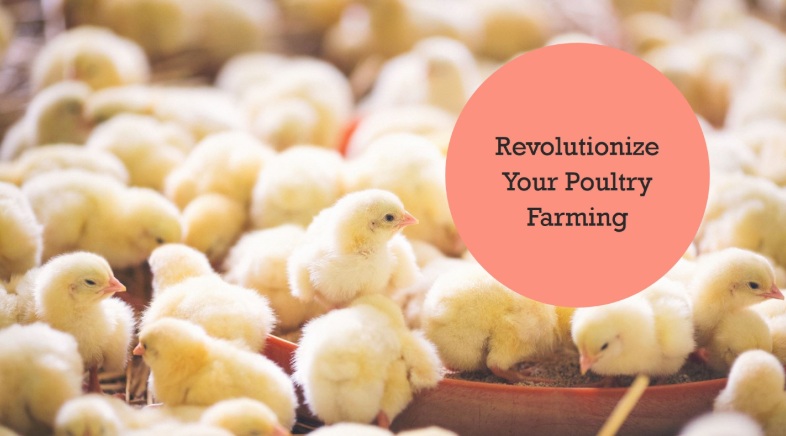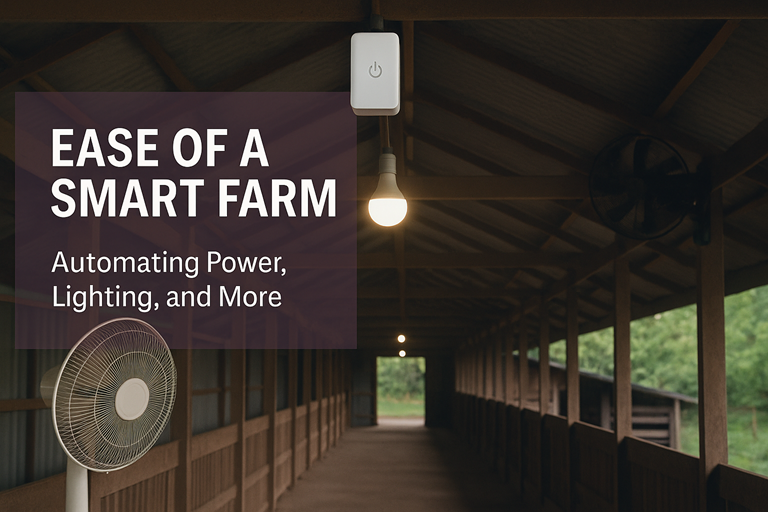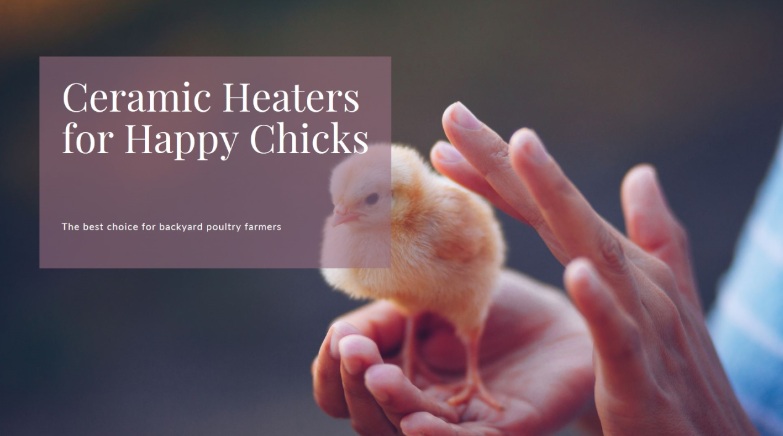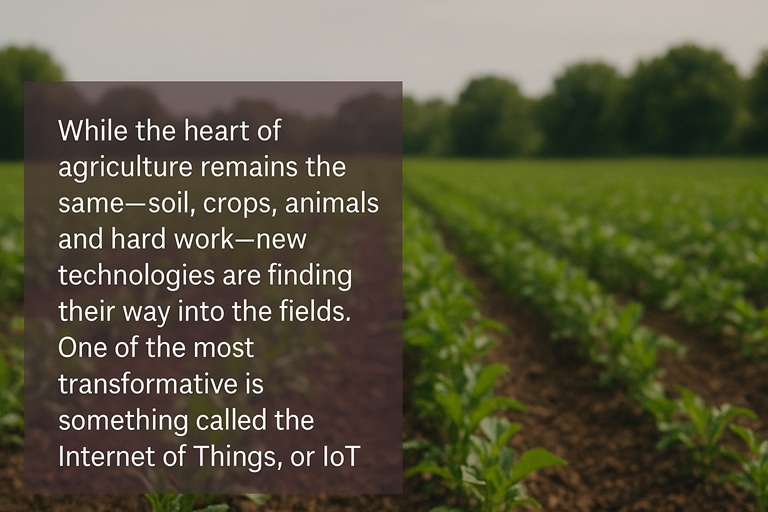In running my small-scale backyard broiler farm as a research lab for precision poultry farming, I’ve chosen to focus on humidity control over temperature regulation. My data consistently shows that controlling humidity has a far greater impact on the health of my flock than trying to maintain a perfect temperature, which can be extremely costly due to high electricity consumption. During the hottest months, when outside temperatures reach as high as 50°C, the inside of my poultry house can spike between 38°C and 42°C. Despite these high temperatures, I’ve still been able to significantly reduce mortality rates by managing humidity, which is a much more efficient and cost-effective solution.
Controlling temperature alone in a poultry house can be extremely expensive. Large-scale cooling systems or air conditioners might work, but the cost of running them 24/7 is not sustainable for most small-scale farmers. In contrast, by focusing on humidity, we can create a comfortable environment for the chickens without needing to cool the entire space. Proper humidity levels help the chickens regulate their body temperature naturally, reducing stress and preventing health problems that come from overly dry or humid conditions. My data shows that even in extreme heat, by keeping the humidity balanced, I can still maintain a healthy flock with a much lower energy bill.
Precision farming is all about using technology and data to make smarter decisions. In the context of poultry farming, it means using tools to monitor and control the environment, ensuring that chickens grow in the best possible conditions. My approach integrates IoT (Internet of Things), which refers to devices connected to the internet that can gather and share data. In my farm, I use humidity sensors connected to smart devices, which automatically control the humidifier fans. These sensors monitor the air and adjust the fans based on real-time data, ensuring the chickens always have the right humidity level without me having to do it manually.
This kind of precision farming isn’t just for large commercial farms. My goal is to show that small-scale farmers can also benefit from this technology. By using simple, affordable tools like humidifier fans and IoT sensors, local farmers can dramatically improve the health and productivity of their chickens while keeping costs low.
Through my work, I’ve seen that controlling humidity leads to healthier chickens, even in extreme heat. During the peak summer season, I’ve had outdoor temperatures soaring to 50°C, and although the inside temperature spiked to 38-42°C, the humidity control kept mortality rates down. The chickens stayed healthier, drank less water, and showed fewer signs of stress compared to when I only focused on cooling the temperature.
This research is crucial because small-scale farmers, particularly in regions with hot climates, often struggle with high mortality due to environmental stress. By demonstrating how humidity control, supported by smart IoT systems, can lead to healthier flocks without massive energy consumption, I hope to provide a practical, scalable solution for farmers everywhere—from local backyard setups to those interested in precision farming on a scientific level.
With the data I’ve gathered, I firmly believe that smart humidity management can change the way small farmers approach poultry farming, allowing them to improve both productivity and sustainability.




